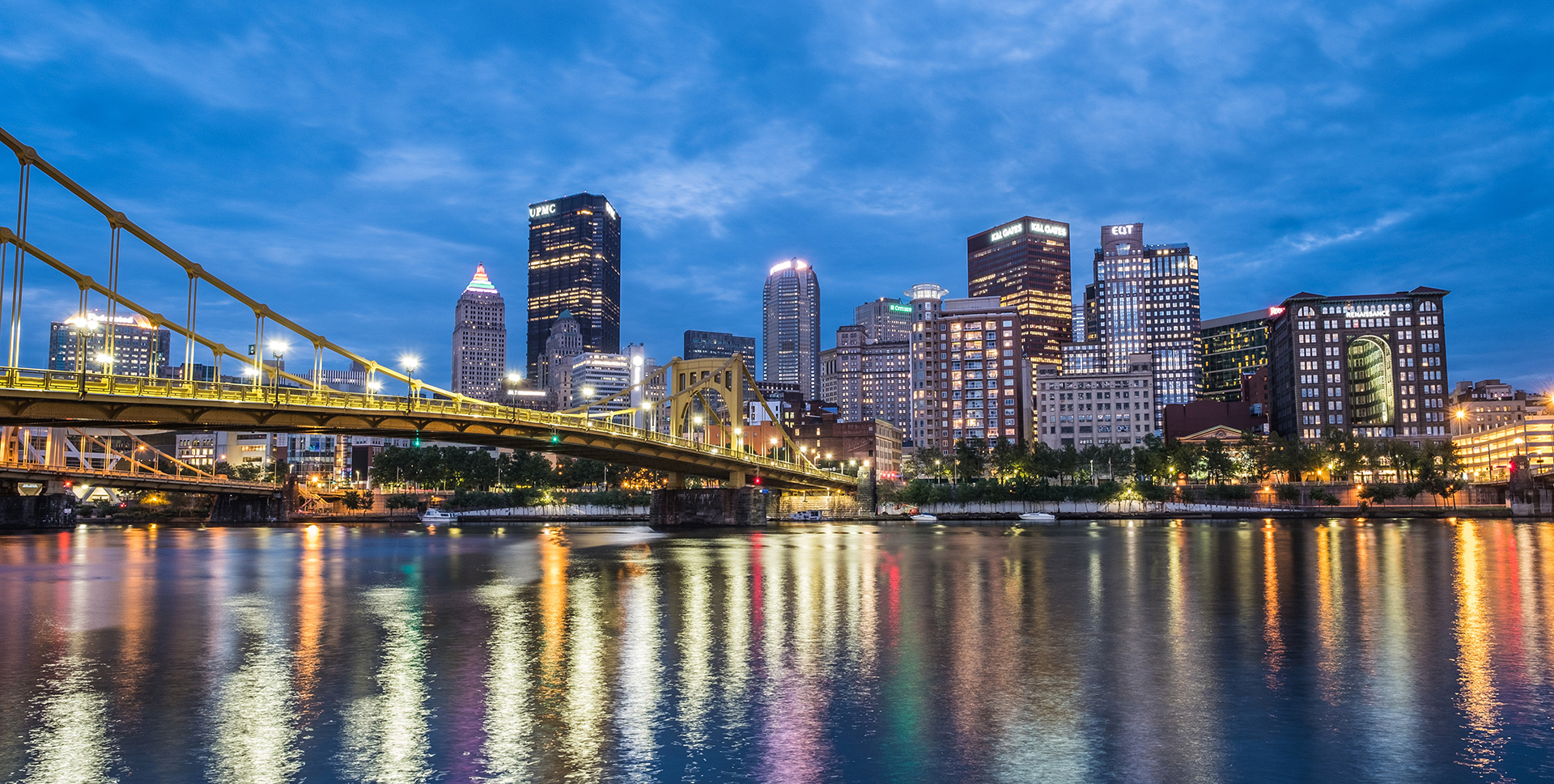
Duquesne Light Partners with Pittsburgh Universities to Modernize Power Grids
By Amanda Waltz
January 26, 2022
Two Pittsburgh entities started the new year off with an ambitious commitment to improve and ensure the future of sustainable energy in the city.
The University of Pittsburgh’s Energy GRID Institute and Duquesne Light Co. announced that they would collaborate on a platform designed to “advance and implement innovative solutions in support of a more secure, resilient, and clean energy grid,” according to a press release. The five-year partnership is meant to ensure that the city’s electric grid is prepared to handle changes, such as the mass adoption of electric vehicles, with innovative solutions and a better prepared workforce.
DLC is one of the largest energy companies in Pittsburgh, with a stated mission of providing “safe, reliable, resilient and affordable power to more than 600,000 customers across southwestern Pennsylvania.” Joining with DLC will help to advance the mission of Pitt’s Energy GRID Institute, which works to find solutions to improve the consumer power industry.
Faculty members at Pitt’s Swanson School of Engineering will be among the first to participate in this new partnership by merging their work with DLC engineers’ ability to bring new technology to the market. Three students will also serve as part of the Duquesne Light Company Electric Power Innovation Fellowship, a program meant to develop electrical engineering students beyond the traditional bachelor’s degree.
Joe Havrilla, associate vice chancellor for innovation and entrepreneurship at Pitt, says that working with DLC, and sharing the resources offered by Pitt’s Electric Power Technology Lab at the Energy Innovation Center, will “facilitate projects that will benefit students, the University, DLC and the surrounding community.”
“When Pitt partners with industry leaders, it helps accelerate the advancement of research from a great idea to a commercial product that can impact the world,” says Havrilla. “This five-year partnership with DLC is a great example of that.”
Pitt isn’t the only high education institution DLC has partnered with this year. In Dec. 2021, DLC also worked with Carnegie Mellon University’s Scott Institute for Energy Innovation to co-host an event addressing how to advance “beneficial electrification.” The term is used to describe the need to transition to clean, renewable energy – including wind, solar, and other methods – to power homes.
Among the issues covered by a panel of experts is the “role beneficial electrification can play in mitigating climate change and creating local jobs” and “strategies to reduce greenhouse gas emissions and lower energy costs” according to a press release.
Among the speakers at the event was Alex Laskey, founder and executive chair of Rewiring America. DLC had signed on to support Rewiring Americas Initiative, described as aiming to “achieve national emissions goals, improve our health, lower monthly bills, and create millions of clean energy jobs by first electrifying households.”
“When we think about how we move to beneficial electrification, the three components that we focus on should be: reduce energy usage, if possible, reduce carbon outputs and reduce cost,” said DLC president and CEO Kevin Walker.

Leave A Comment